
Less Alzheimer’s Today than 20 Years Ago
The New England Journal of Medicine reports the PERCENTAGE of people with Alzheimer’s is going down. That’s good news for individuals. Ironically, better health means

The New England Journal of Medicine reports the PERCENTAGE of people with Alzheimer’s is going down. That’s good news for individuals. Ironically, better health means
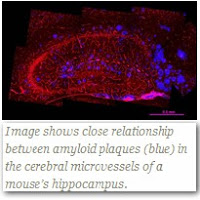
Most researchers think amyloid plaque is the culprit behind Alzheimer’s. They know it damages brain cells. Now they are finding it also accumulates in blood
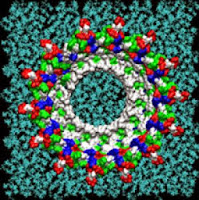
Plaque is the prime suspect behind Alzheimer’s. Amyloid-beta combines to form oligomers, which make up the plaque that clogs up the Alzheimer’s brain. Though we
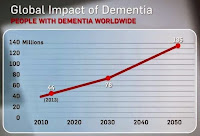
VIDEO: How do we tackle Alzheimer’s and dementia? How will patients, their caregivers and health care systems cope? Global entities, such as the OECD, are
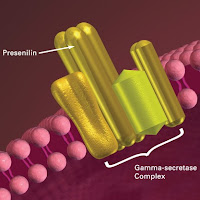
The future is looking good for drugs designed to combat Alzheimer’s disease. Learn about new knowledge that holds the potential to keep Alzheimer’s in check.

VIDEO: Professional athlete Patrick Grange died with CTE dementia. Learn the connection between CTE dementia and activities that are hard on the head.

VIDEO & IN-DEPTH ARTICLE Good news from England: “Dementia rates fall as public health improves.” Learn about Cambridge University’s authoritative study based on 20 years
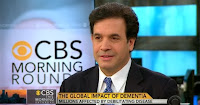
VIDEO Dr. Rudy Tanzi, Harvard’s top Alzheimer’s expert, explores where we are and what we can do about Alzheimer’s.
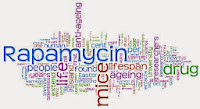
A proven approach to slow the aging process and associated diseases is dietary restriction. New research helps explain the action of a drug that appears

RESEARCH VIDEO See how the U.S. government’s NIH sets the pace of America’s dementia research. Learn about their strategies, agendas and the initiatives they empower.

TWENTY MUSIC VIDEOS: Music says what words never can. Take in these engaging, moving songs about living well with Alzheimer’s.

TEEPA CARE-TIP VIDEO:
Dementia dangerously alters a person’s sense of smell. Teepa Snow brings to light what people with dementia smell – and what they don’t. Learn to prevent hazards and frustrations.

“Sundowning” describes agitation and anxiety often felt towards the end of the day in dementia. See what it is and what you can do about it.

SHORT-TERM MEMORY lapses are obvious signs of Alzheimer’s, but other tell-tale signals begin to show much earlier. Learn how to look for semantic impairments, such as simple questions about size.

Three important dementia studies focus on HS-AGING, a type of dementia almost as common as Alzheimer’s in the 85+ group. Yet few people have heard of it. Why? What makes it different?

An intriguing study of 120 grandmothers might surprise you. Doctors know socially engaged people have better cognition and less dementia. But can a person get too much of a good thing? What’s the right balance?

Enjoy this great duet between a musician with dementia and his son. A triumph of spirit over Alzheimer’s! Sing-a-long if you like!
No spam, only news and updates.


